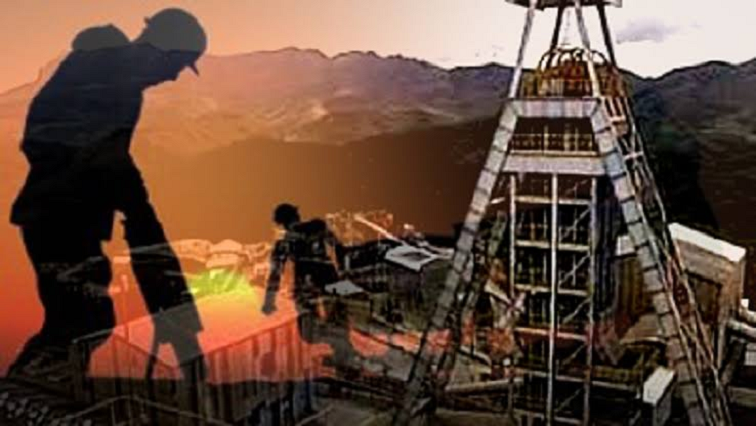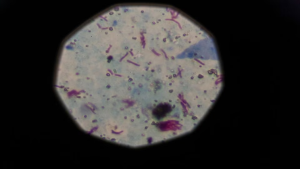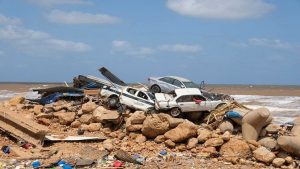Mines bring economic prosperity, but also take their toll on the environment and human health. As countries prepare to mark World Environmental Health Day on 26 September, the World Health Organization (WHO) has highlighted that every year more than 12 million deaths are caused by global environmental issues such as soil pollution, water contamination and chemical exposure.
One of the greatest concerns in South Africa is water contamination.
Orkney is a small gold-mining town situated outside Klerksdorp. In the 1880s Orkney officially became the golden food basket for many households when the mining pioneer Simon Fraser started the first gold mine in the town. The economic advantage of mines in the area are undeniable, providing jobs for many and boosting the local economy. This however, comes at a cost for environmental and human health.
Mine chemicals pose a great threat to the quality of groundwater when not disposed of properly. Dr Renee Street from the South African Medical Research Council (SAMRC) explains:
“Mining waste may contain potentially harmful metals such as arsenic, lead, cadmium, uranium and mercury. It may also contain acids, minerals and sulfides. If not managed properly, mining waste can have adverse impacts on humans and the environment.”
The residents of Orkney and nearby areas are concerned.
“The water doesn’t have a normal water taste. As communities we might get lots of diseases, because sometimes when you open a tap for water, the water have mud. As the water pass through mine pipeline, mines use dangerous chemicals and we might get diseases,” says Aupa Nketsi one of the residents.
Nketsi further says their health is at stake.
“Our lives are in danger as we drink this unclean water. It’s my opinion. If the water can be checked after three months, and the water get purified, there will be progress and I believe even the water taste will be back to normal.”
Communities at risk
Another affected community member is Solomon Bojosi, who says they need to know that their drinking water is safe.
“The problem that we are facing is that we are surrounded by the mines. As we are surround by the mines in the beginning season some people got sick, some even died as the results of the contaminated water. We are surrounded by mines, the taste of this water is bad. These water was supposed to be checked frequently.”
According to Street, communities close to mines are more at risk.
“Communities living near mining sites may face an increased risk of exposure to groundwater contamination due to an increased likelihood of being downstream from a potential contamination source.”
She adds that mining activities from both operational and disused mines are found to pose a great risk to ground water quality
“Both active and abandoned mines may contribute to groundwater contamination. Mining waste can infiltrate groundwater through leaching, surface runoff and seepage from tailings. Therefore, through responsible mining practices, it is important to implement measures that reduce such risks.”
Health risks
The health risks associated with mining pose a long-term challenge for communities. Street explains:
“Exposure to metals can lead to numerous health issues from gastrointestinal, neurological, and cognitive function issues to increased cancer risk. Many studies have shown chronic exposure to environmental contaminants such as metals can cause health effects.”
Street says that mining companies, environmental organizations and the government should work together to curb the problem of water contamination.
“Improved waste management, maintenance of infrastructure, monitoring and treatment technologies can prevent or mitigate groundwater contamination. Many remediation projects have been undertaken over the years, with a focus on neutralizing the acidic water either on site or further downstream. In addition to the water treatment, mine dumps need to be rehabilitated and/or covered to reduce contamination.”
Street further says while waiting for resolutions the affected communities can protect themselves and ensure the safety of their drinking water.
“Numerous studies have been conducted looking at the health impact as the results of mine tailings. There are certain ways that communities can protect themselves. For example water filters can remove certain chemicals, and having alternative water sources is important as well as advocacy for remediation.”
The concerns of Orkney residents serves as a reminder that the impact of human activities on natural resources should never be taken lightly. – Reporting by Kagiso Keipopele






